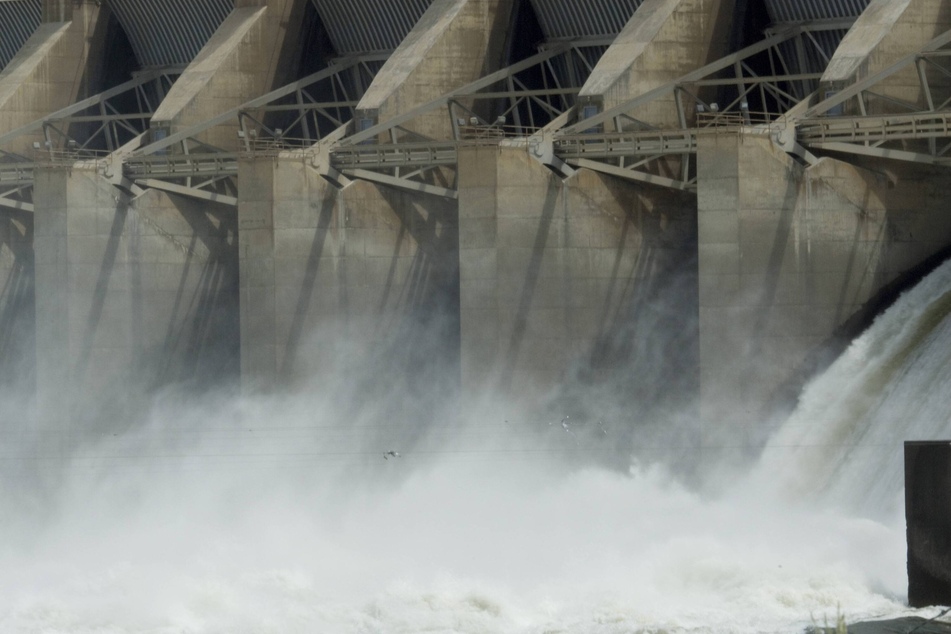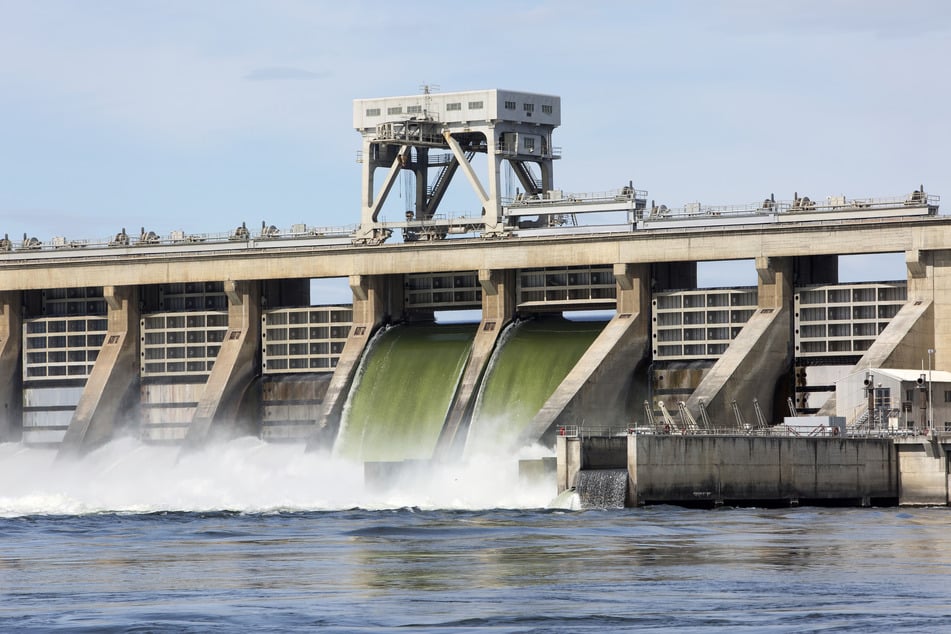Pacific Northwest dams' devastating impact on Indigenous communities acknowledged in new report
Seattle, Washington - The US Department of the Interior (DOI) has admitted the devastating impacts federal dams have had on Indigenous communities in the Pacific Northwest.

The report, released Tuesday, "documents the historic, ongoing, and cumulative impacts of federal Columbia River dams on Columbia River Basin Tribes" and provides recommendations for better policy going forward.
The Columbia River Basin is a large area that covers parts of what is now Washington, Oregon, Idaho, Montana, as well as British Colombia in Canada and small portions of Wyoming, Nevada, and Utah.
The region was historically known for its rich wildlife and abundant salmon populations which sustained communities native to the area and played a central role in their cultural and spiritual practices.
White settlement and the construction of a series of US hydroelectric dams in the basin between the 1900s and 1970s severely disrupted Indigenous communities' way of life and infringed on their sovereignty, the report acknowledges.
Indigenous villages and cultural and spiritual sites were inundated and destroyed by the dams and their reservoirs, while burial sites have been eroded.
The US government did not properly address the displacement of Indigenous people caused by the dams' construction and subsequent flooding, contributing to high rates of housing insecurity today.
On top of that, several salmon and other species have gone extinct or been listed as endangered, which has had detrimental impacts on tribal wealth and economic opportunity.
DOI makes policy recommendations for Columbia River Basin

The DOI's recommendations for redressing the harms to Indigenous communities include supporting efforts to restore salmon populations, exploring additional opportunities for co-management of natural resources, making strides toward a clean-energy future, incorporating Indigenous knowledge into decision-making, and more.
The Biden administration in December announced a 10-year, $1-billion plan to restore wild salmon populations in the area.
Notably, the plan did not call for the removal of four Snake River dams, as Indigenous leaders and environmentalists have urged.
"Since time immemorial, Tribes along the Columbia River and its tributaries have relied on Pacific salmon, steelhead and other native fish species for sustenance and their cultural and spiritual ways of life. Acknowledging the devastating impact of federal hydropower dams on Tribal communities is essential to our efforts to heal and ensure that salmon are restored to their ancestral waters," Secretary of the Interior Deb Haaland said in a statement on Tuesday.
"As part of our ongoing commitment to honoring our federal commitments to Tribal Nations, the Interior Department will continue to pursue comprehensive and collaborative basin-wide solutions to restore native fish populations, empower Tribes, and meet the many resilience needs of communities across the region."
Cover photo: IMAGO / Pond5 Images

